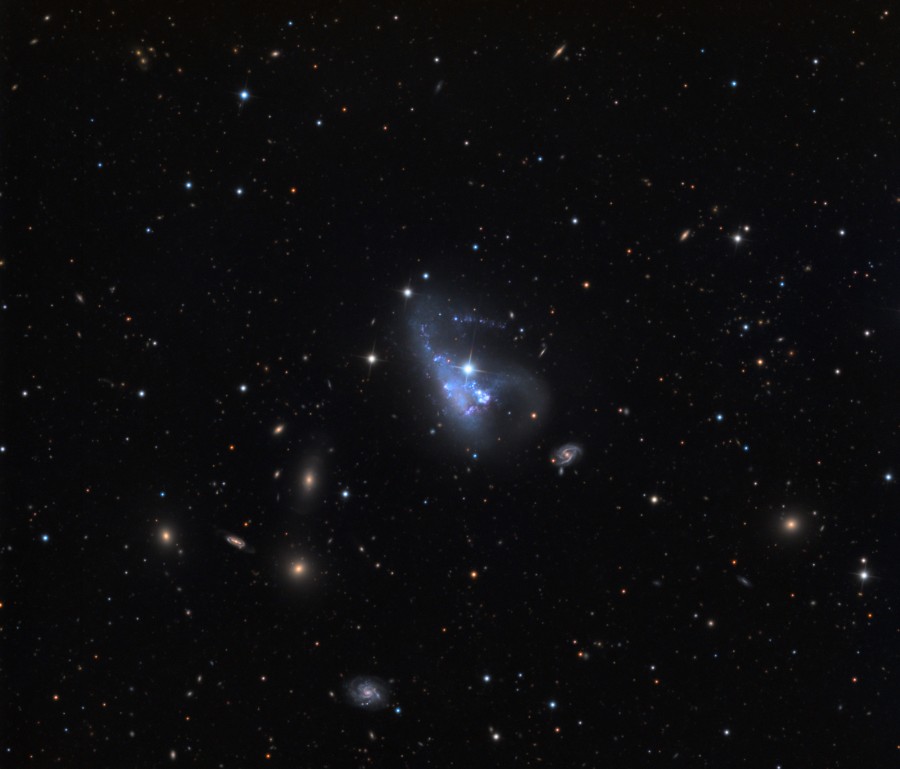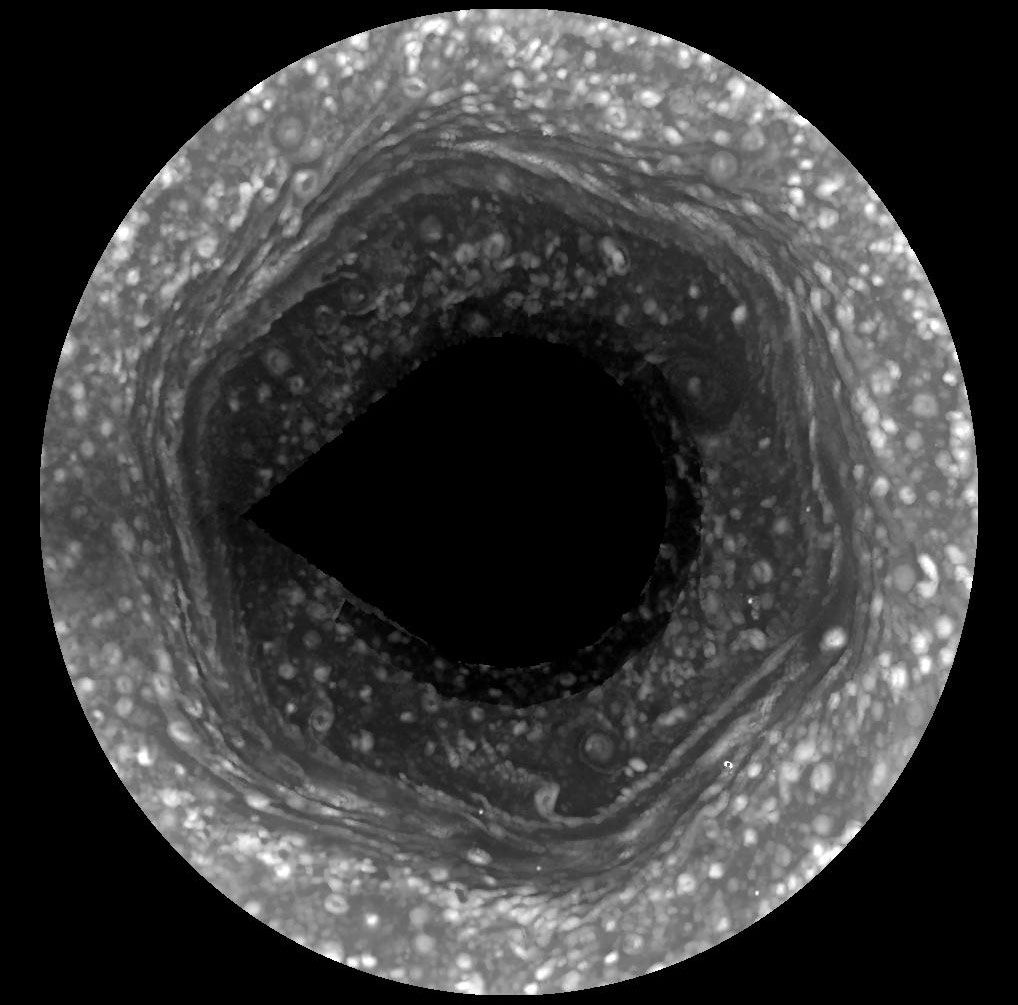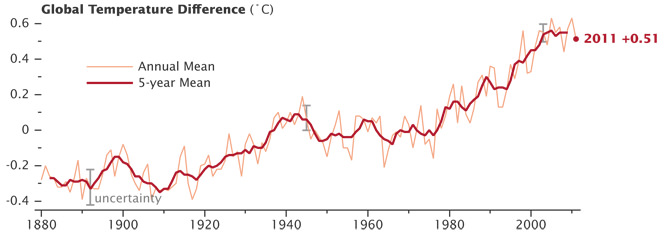Acabei de ouvir o médico e professor Manuel Sobrinho Simões discretear, no programa Contra Corrente da SIC Notícias, sobre o serviço nacional de saúde: bom senso; lucidez; inteligência; frontalidade e capacidade de equacionar,de modo convincente, os problemas de eficiência com a defesa dos direitos dos doentes. Se não viu, aceda ao site da SIC Notícias para visualizar o vídeo.
É óbvio que o serviço nacional (e regional) de saúde necessita de recursos financeiros, mas precisa (talvez mais) de tudo aquilo que o professor diz. Eu acentuaria aquilo que enfatizou sobre o carácter imperioso de responsabilizar os doentes na minimização dos factores de risco para a sua saúde. Mas para isso suceder é necessário esclarecer, trabalho dos profissionais de saúde é claro, mas não só - o combate ao consumo do tabaco foi assumido por todos, como deveria sê-lo, por exemplo, o combate ao consumo do açúcar (em todas as suas formas), às más práticas nutricionais (o Correio dos Açores trazia hoje um artigo muito interessante a esse respeito).... O cancro nos Açores combater-se-ia também assim, e se o trabalho fosse feito de modo adequado, não seriam necessários, eventualmente, tão grandes recursos financeiros como isso para obter resultados.
Na política da saúde, como nas outras políticas públicas, o esclarecimento, a responsabilização, e a participação dos cidadãos são condição incontronável de práticas e soluções políticas eficazes (e desculpem lá, eficientes). Ora, a responsabilidade do processo ser iniciado e sustentado impende sobre a classe política (governo e oposição), e o facto de ela não estar neste capítulo à altura é que faz com que alguns (muito poucos) vão aos arames. A política em Portugal, na parte que diz respeito à produção de bens públicos e semi-públicos, é somente uma questão de cobertura orçamental - e depois são aqueles que reclamam da eficácia e de eficiência é que são economicistas: veja-se a irritação do António Barreto com o uso e abuso do epíteto no lançamento de um livro da FFMS sobre a saúde, numa entrevista ao Expresso, em Dezembro passado,se bem me lembro.
E já agora, que tudo isso está ligado, para perceber como é que chegamos aqui, leiam (ainda estou a ler) de Paulo Trigo Pereira, Portugal: Dívida Pública e Défice Democrático, da Fundação Francisco Manuel dos Santos. É informação para os cidadãos, com os economistas a não perderem nada em lê-lo também (as licenciaturas, por vezes, aconteceram há muito).









